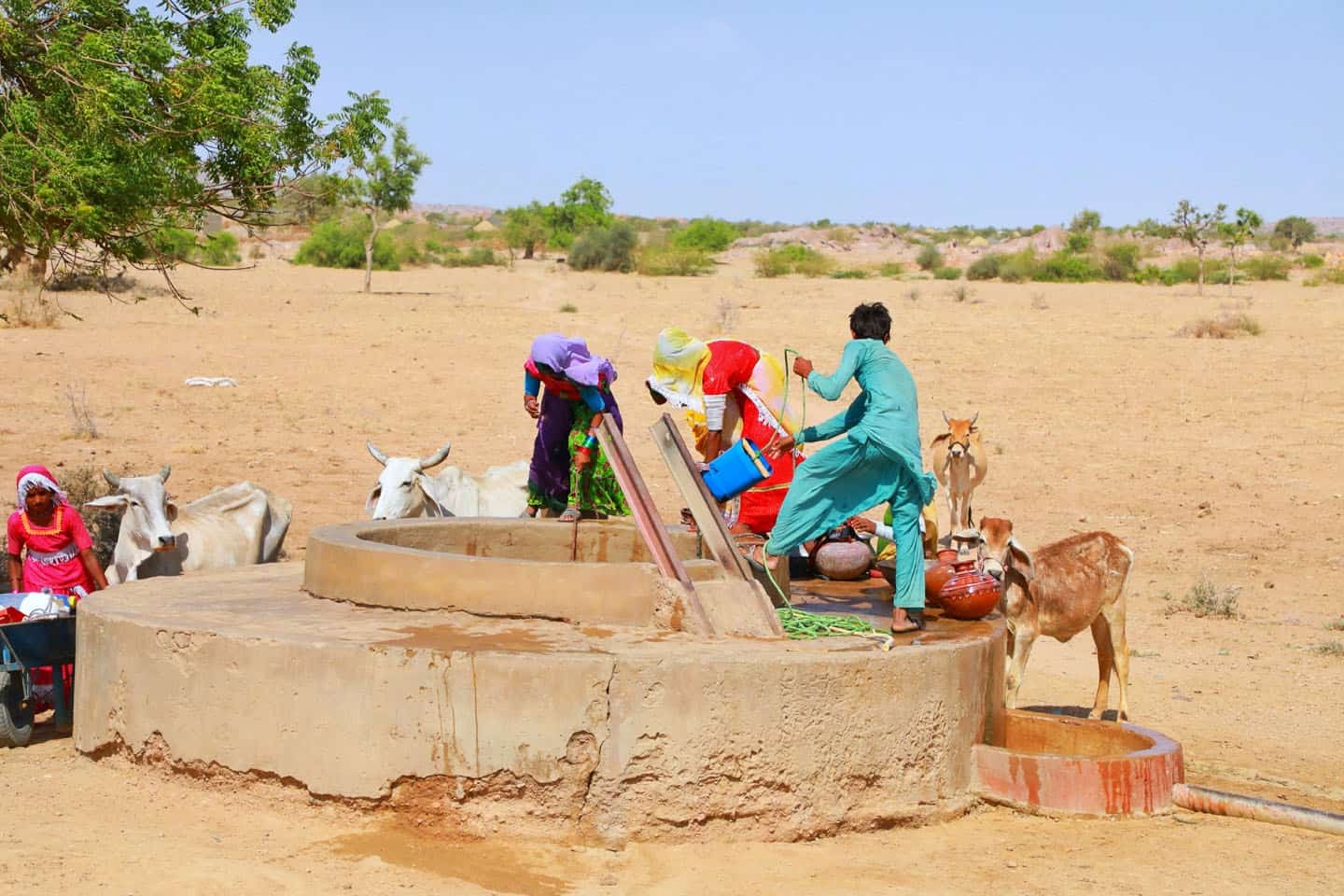Intriguing Insights Into Pakistani Culture You Never Knew

Have you ever wondered what makes Pakistani culture so unique? From vibrant festivals to mouth-watering cuisine, Pakistani culture offers a rich tapestry of experiences. Imagine walking through bustling bazaars filled with colorful textiles, aromatic spices, and friendly faces. The music, a blend of traditional and modern, will have you tapping your feet in no time. Family plays a central role, with gatherings often filled with laughter and delicious food. Whether it's the intricate art of truck painting or the soulful poetry of Sufi saints, there's always something new to learn. Ready to dive into this fascinating world? Let's get started!
Rich History and Heritage
Pakistan's culture is deeply rooted in its rich history and heritage. From ancient civilizations to modern times, the country offers a fascinating blend of traditions and customs.
Mohenjo-Daro: This ancient city, part of the Indus Valley Civilization, dates back to 2500 BCE. It showcases advanced urban planning and architecture, reflecting early human ingenuity.
Taxila: Once a major center of learning, Taxila is home to numerous archaeological sites. It played a significant role in the spread of Buddhism and ancient education.
Lahore Fort: A UNESCO World Heritage Site, this fort in Lahore represents Mughal architecture. Its intricate designs and historical significance make it a must-visit.
Vibrant Festivals and Celebrations
Festivals in Pakistan are colorful, lively, and deeply rooted in tradition. They bring communities together, celebrating various aspects of life and faith.
Eid-ul-Fitr: Marking the end of Ramadan, this festival is celebrated with feasts, prayers, and family gatherings. It's a time of joy and gratitude.
Basant: Known as the kite-flying festival, Basant is celebrated in Lahore with great enthusiasm. The sky fills with vibrant kites, symbolizing the arrival of spring.
Shandur Polo Festival: Held at the highest polo ground in the world, this festival in Shandur Pass features thrilling polo matches and cultural performances.
Diverse Cuisine
Pakistani cuisine is a delightful mix of flavors and spices. Each region offers unique dishes that reflect its cultural heritage and local ingredients.
Biryani: A fragrant rice dish cooked with meat, spices, and herbs. Karachi's biryani is particularly famous for its rich taste.
Nihari: A slow-cooked stew of meat, usually eaten for breakfast. Originating from Delhi, it has become a beloved dish in Pakistan.
Chapli Kebab: A specialty of Khyber Pakhtunkhwa, these spicy minced meat patties are a popular street food.
Traditional Music and Dance
Music and dance are integral parts of Pakistani culture. They express emotions, tell stories, and bring people together in celebration.
Qawwali: A form of Sufi devotional music, qawwali is performed with great passion. The legendary Nusrat Fateh Ali Khan brought it to international fame.
Bhangra: Originating from Punjab, this energetic dance is performed during harvest festivals and celebrations. Its lively beats and movements are infectious.
Attan: A traditional Pashtun dance, attan involves rhythmic movements and spins. It's performed at weddings and cultural events.
Unique Handicrafts
Pakistan boasts a rich tradition of handicrafts, each region offering its own unique creations. These crafts reflect the country's artistic heritage and skilled craftsmanship.
Truck Art: Brightly painted trucks are a common sight on Pakistani roads. This unique form of art features intricate designs and vibrant colors.
Ajrak: A traditional block-printed shawl from Sindh, ajrak is known for its geometric patterns and deep colors. It's a symbol of Sindhi culture.
Peshawari Chappal: Handmade leather sandals from Peshawar, these chappals are both stylish and comfortable. They have gained popularity worldwide.
Warm Hospitality
Hospitality is a cornerstone of Pakistani culture. Visitors often experience the warmth and generosity of the people, making their stay memorable.
Chai Culture: Offering a cup of tea is a common gesture of hospitality. Chai, or tea, is enjoyed throughout the day, often accompanied by friendly conversations.
Mehmaan Nawazi: This term means "hospitality" in Urdu. Guests are treated with utmost respect and care, reflecting the cultural value placed on welcoming others.
Village Life: Rural areas in Pakistan offer a glimpse into traditional lifestyles. Visitors can experience the simplicity and warmth of village hospitality.
Conclusion
Pakistan's culture is a tapestry of history, traditions, and vibrant expressions. Each aspect offers a unique insight into the country's rich heritage and the warmth of its people.
Embracing the Richness of Pakistani Culture
Pakistani culture is a vibrant mix of traditions, languages, and customs. From the colorful festivals like Basant and Eid to the mouth-watering dishes such as biryani and nihari, there's so much to explore. The country's rich history is reflected in its stunning architecture, like the Badshahi Mosque and Mohenjo-Daro ruins.
The warmth and hospitality of the people make every visit memorable. Whether you're wandering through bustling markets or enjoying a quiet moment in the serene northern valleys, Pakistan offers a unique experience. Understanding the local customs and traditions can deepen your appreciation for this diverse nation.
So, next time you think about travel, consider Pakistan. Its culture is not just something to observe but something to experience and cherish. Dive into the heart of Pakistan and let its richness leave a lasting impression.

